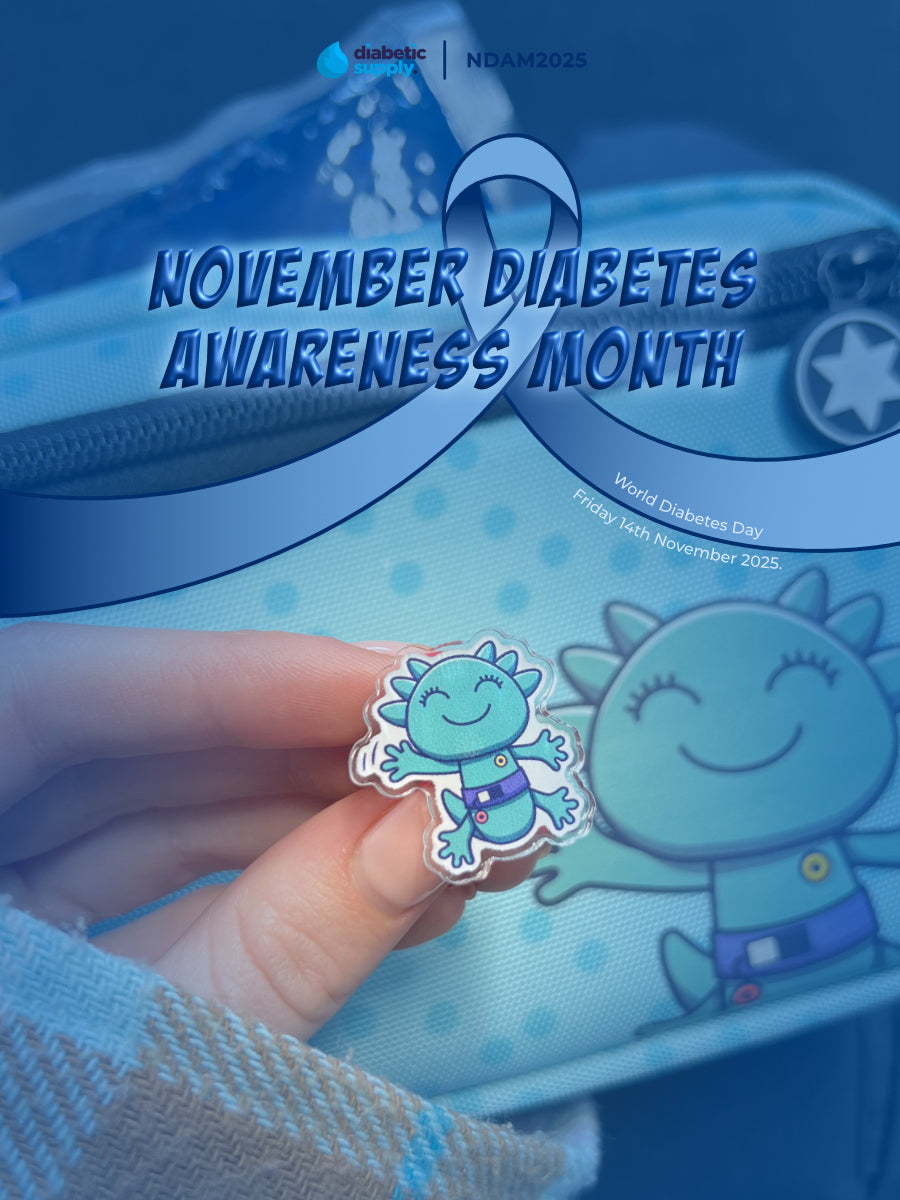We are always being told – ‘prevention is better than cure’ whether it be in relation to preventing cavities in our teeth by not eating sweets and cleaning our teeth twice a day; or preventing lung disease by not smoking; prevention of skin cancer by using sunscreen…. the list goes on.
Professor Haslam talking about The NICE guidelines said, “I think some of the most useful things in my career have led to nothing happening,”
“Let me talk about one of the NHS's luckiest patients. At 53, she's just had the joy of holding her grandchild, and last year she didn't have a stroke. I'd like to introduce her to you but I don't know who she is, and neither do you.”
But somewhere a GP has helped her by preventing anything from happening, through proactive care, protection from high blood pressure, and controlling risk factors. That's a real achievement. The trouble is, to some, it sounds a bit like unnecessary overmedication.”
In this case, the GP has prevented some potentially life threatening outcomes from happening by offering advice specific to his patient, based on knowing her health needs and risk factors.
The result was no result, no addition to another statistic that makes the daily headlines of how numbers of female stroke victims has increased in the 50-60 age group, throwing every female in that age group into mad panic googling every way to prevent having a stroke……..That is until the next day’s headlines of ‘miracle ingredient in red wine could help people live longer’ allows that same group of people to throw caution to the wind and buy a bottle of wine, when the day before they were avoiding it as had seen the headline ‘One glass of wine increases stroke risk by third’.
Very facetious I know and not meaning to be – my point is that what should have made the headlines is that another life has been saved by ‘Prevention’.
Foot health for people with diabetes is so important. Neglecting your foot health when you have diabetes could be perceived as being as bad as neglecting to clean your teeth if you suffer from gum disease or not using sunscreen when you have already had a mole removed as it was found to be potentially malignant if left.
Aural hygiene and education is outstanding now – children are educated from an early age about the importance of cleaning their teeth regularly and how they can really care for their teeth by being mindful of what they are eating. This is habit forming so becomes something we don’t really think about – apart from when we get into bed after a late night without cleaning our teeth and guilt turfs us out again, 5 minutes later, to scrub them before sleep!
If people choose to ignore aural hygiene guidance then that’s a different issue – generally the level of education is pretty high.
Unfortunately, in the case of foot health for people with diabetes, there appears to be a lack of education and understanding of the risks of diabetes to the feet in the first place. Upon diagnosis, there are so many other more important issues to attend to, such as managing sugar levels, that foot health is quite often forgotten. Priorities, quite rightly, are to take control of the disease, by using both diet, and where necessary medication.
Somewhere along the line though the importance of foot health needs to be paid attention to by the patient.
I have been told so many times by various health professionals that their patients with diabetes assume that the NHS will look after their feet. “it’s their responsibility, isn’t it?” appears to be the usual assumption.
I was amazed by the apathy of some customers I saw, with diabetes, who had diabetic neuropathy in their feet so they couldn’t feel anything i.e. then couldn’t feel if they had cut themselves or stood on a drawing pin. When asked how they checked their feet, they said “I don’t really need to as I am seen every 2 months by my chiropodist…”
A cut can turn into an ulcer or an open sore very quickly. Depending on the severity of the diabetic foot condition of a specific patient, it could become infected in a few days. If that patient then waits 2 months to see their chiropodist it may be too late to save that limb.
Prevention of diabetic foot disease should be fairly simple – Diabetes UK state ‘out of the 140 amputations in England every week, 80% could be prevented’
HOW?
Surely by checking your feet once a day?
If you are looking at your feet, soles and heels every single day, then you will become very familiar with your footprint, like we are with the palms of our hands as we see them all the time.
As soon as something changes on the soles or heels of your feet, ask your podiatrist or diabetic nurse or GP for advice. If it is a problem caught early enough, it can generally be treated to stop it progressing into something more sinister.
Health professionals, podiatrists, chiropodists and GP’s don’t have the time to check patient’s feet every day or every week – at present it is not always possible to have your feet seen once a year depending on which Health authority you are in and how much money has been assigned to this area. But this is not the point. You wouldn’t expect to see a dentist every day to check your teeth, would you?!
Take control of your own foot health by doing as much as you possibly can to stop diabetic foot problems occurring in the first place. The best place to start is carrying out your own daily foot check now!
· If you can’t get down to see your feet, then invest in a foot inspection mirror
· Establish a routine of wash, dry and inspection of feet every morning
· Wear appropriate footwear
· ACT if there are any signs of damage, however small. Your podiatrist would much rather see you a few times to prevent an issue occurring rather than spend months trying to ‘cure’ an ulcer and prevent possible amputation.
Those 140 amputations every week of every year are not going to reduce unless we all start taking responsibility for our own personal foot health. We are the only ones that are with our feet every minute of every day so are in the best position to take care of them.
If you are not physically able to check your feet either invest in a Foot Inspection Mirror or ask your partner or friend to help you. But do something to take that control back – don’t let diabetic foot disease dictate your journey through life – try as much as you can to prevent it in the first place…………
Let’s turn that ‘140 amputations every week’ headline into a ‘no result’ like the lady earlier who didn’t have a stroke.
References: www.nice.org.uk/news/article/prevention-better-than-cure-says-nice-chair
For more articles and news go to http://www.solesee.com/news.php







